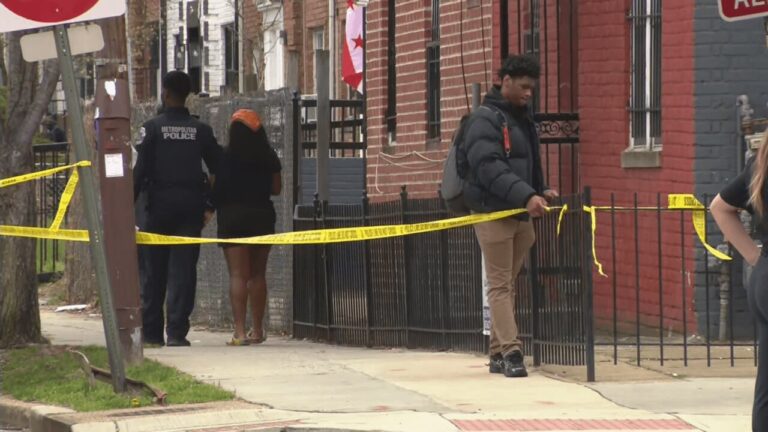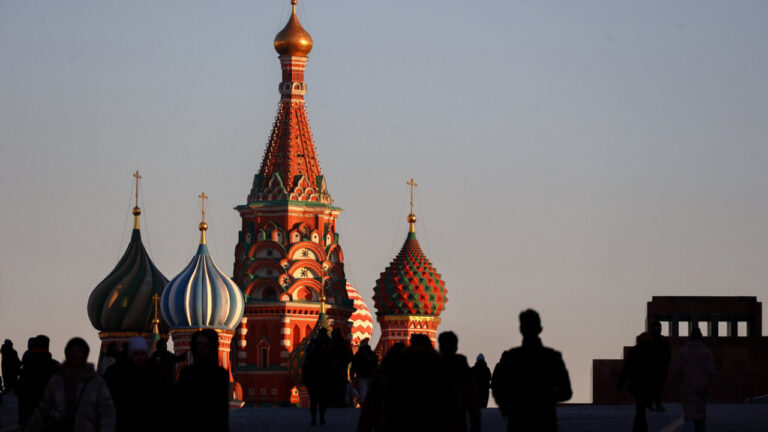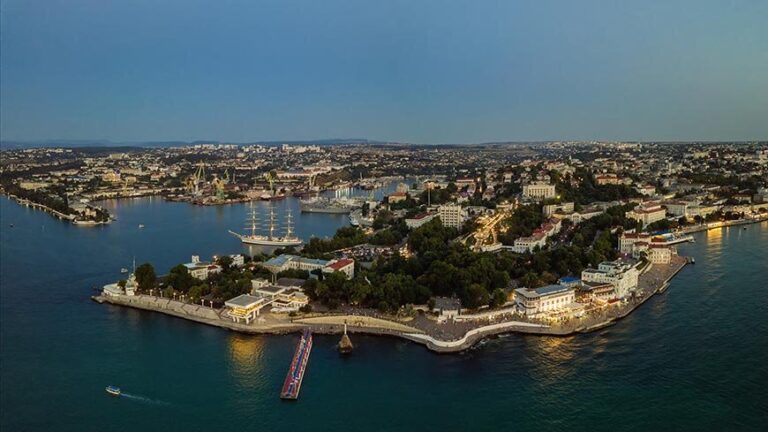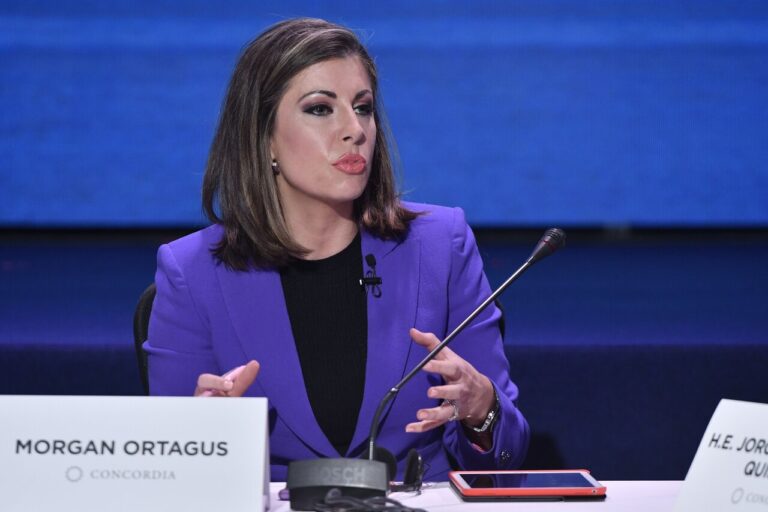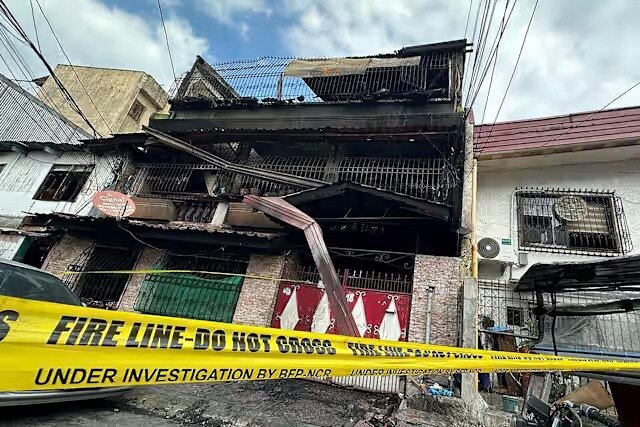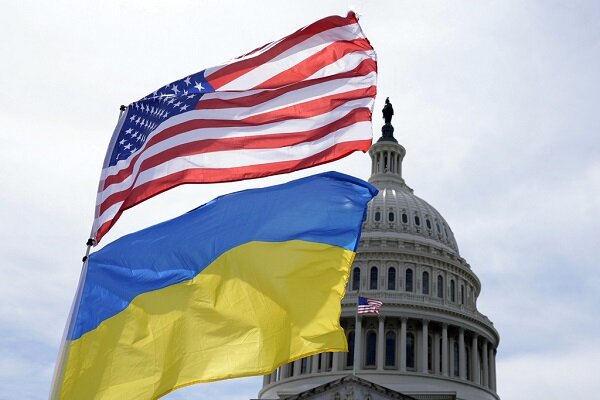Mixed Reactions in Israel: Celebrating and Criticizing Pope Francis’s Legacy After His Passing
The recent announcement of Pope Francis’ passing has sparked a wave of reactions in Israel, highlighting the complexities of his relationship with the country amid ongoing tensions in the Gaza Strip. The Vatican’s announcement on Monday morning ignited discussions among politicians, analysts, and social media users regarding the pontiff’s critical stance toward Israel during the conflict, as reported by Middle East Eye.
Pope Francis, who was 88 years old, died shortly after delivering an Easter Sunday address where he condemned the “deplorable humanitarian situation” in Gaza. He expressed his solidarity with both Israeli and Palestinian people, stating:
“I appeal to the warring parties: call a ceasefire, release the hostages, and come to the aid of a starving people that aspires to a future of peace.”
This message resonated with many, but it also drew sharp criticism from certain Israeli officials. Rafi Schutz, Israel’s former ambassador to the Vatican, remarked that Pope Francis was “the pope who brought the world closer to him and disappointed Israel.” Schutz further opined that the pontiff’s stance during the recent conflict warranted “harsh criticism” and posed a “significant blow” to Israeli-Vatican relations.
Media outlets in Israel, such as the right-wing newspaper Israel Hayom, reflected a similar sentiment, stating that the pope would be remembered for his “harsh statements against the war in Gaza.” In a parallel vein, the far-right Channel 14 labeled him as Israel’s “harshest critic.”
Zvika Klein, editor-in-chief of the Jerusalem Post, described the pope’s vocal support for Palestinians as “unconditional support for Hamas.” He noted that there had been initial optimism in the Jewish community when Pope Francis was appointed, but that optimism had transformed into disappointment, particularly following the pontiff’s recent outspoken criticisms.
Throughout the war, Pope Francis condemned the violence in Gaza, especially the deaths of Palestinian children, which angered many Israeli politicians. His outreach included near-nightly calls with Gaza’s Christian community, providing comfort during turbulent times. In his book, Hope Never Disappoints: Pilgrims Toward a Better World, published in late 2024, he controversially described Israel’s actions as potentially genocidal and urged an investigation into these allegations.
The relationship between the Vatican and Israel was further strained when Israel’s foreign ministry summoned the Vatican’s top diplomat over Pope Francis’s remarks about “cruelty” in Gaza.
Public Reactions in Israel
The pope’s death prompted a diverse range of reactions on social media in Israel, particularly from those who expressed relief over his passing due to his views on Israel’s military actions. Some users took to platforms like Facebook and Twitter to voice their sentiments:
- One user labeled the pope a “scoundrel,” declaring, “It’s good that he is dead.”
- Another user stated, “Thank God the Pope is dead.”
- Several comments described him as a “hater of Judaism,” with users expressing satisfaction over his death.
- One comment read: “I don’t care about this psychotic old man, who hates Israel.”
- Another user remarked that Pope Francis would be remembered for his “consistent backing of modern antisemitism,” concluding that the world is “better off without him.”
Some comments were even more vitriolic, with one user referring to the pope as “the father of impurity” and another claiming, “Thank God we got rid of him.” On Walla news, a user deemed him “a heretic who supported Nazi Hamas.”
Conversely, not all reactions were negative. Some Israelis expressed sorrow over the pope’s death. President Isaac Herzog shared his condolences on X, stating:
“I sent my deepest condolences to the Christian world and especially the Christian communities in Israel – the Holy Land – on the loss of their great spiritual father, His Holiness Pope Francis.”
He further articulated hope that the pope’s prayers for peace in the Middle East would soon be realized, urging for acts of kindness, unity, and hope in his memory.
While some individuals criticized Herzog’s expression of condolences, suggesting he did not speak for all Israelis, others condemned such negative responses, calling them “racist” and lacking respect for both Christianity and Judaism.
The mixed reactions to Pope Francis’s death illustrate the polarizing impact of his statements on Israel and the ongoing conflict in Gaza. As the world reflects on his legacy, it is clear that his tenure as pope will be remembered for its complexities, especially within the context of Israeli-Palestinian relations.

